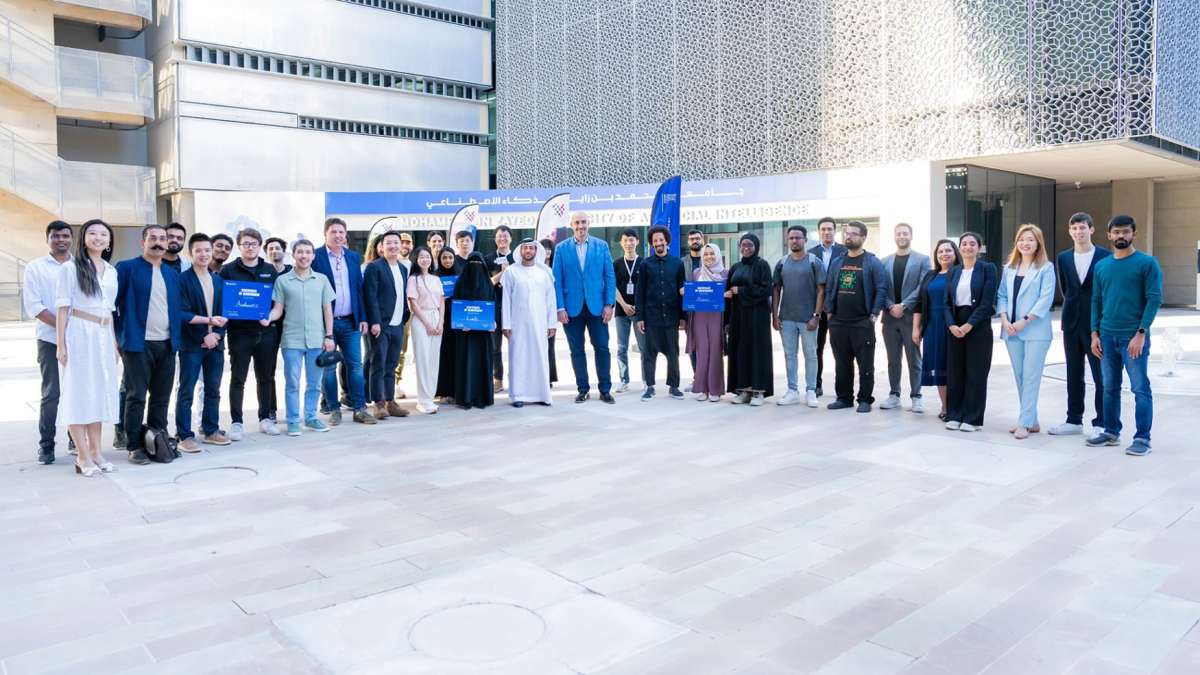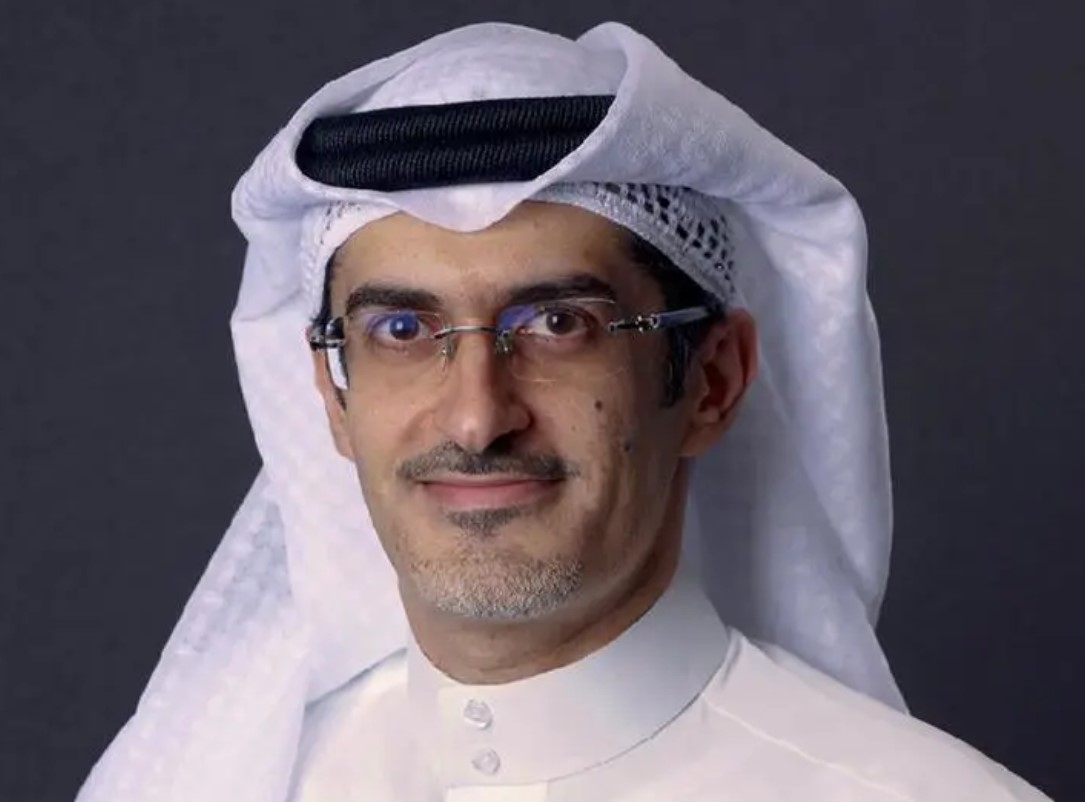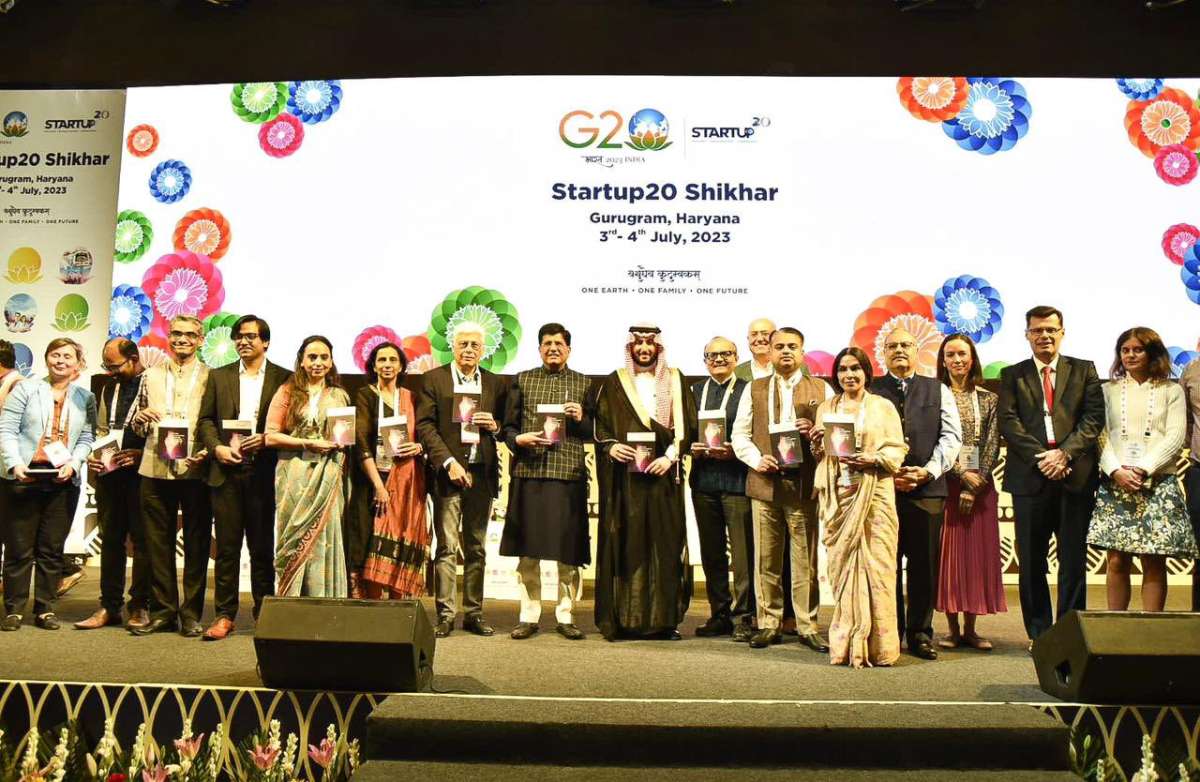There is a need for mass entrepreneurship enabled by widespread mentoring to inspire and guide youth to become job creators…reports Asian Lite News
As per the 2011 census, the literacy rate among Dalits in India currently stands at 66.1 percent, despite progress from 37.2 percent in 1991. The percentage of literate Dalits still lags behind the rest of the country. The Dalit youth struggle to secure meaningful employment opportunities. The challenge lies in the scarcity of jobs, both in government and large private companies.
To address the issue of unemployment, the country must turn to the Micro, Small, andMedium Enterprise (MSME) sector to engage its youth productively. According to a recent NITI Ayog report, the handicrafts sector alone created 69 lakh jobs with a yearly revenue of Rs. 32,000 crores. Micro, small, and medium enterprises (MSMEs) play a crucial role in nurturing job creators, yet this needs strengthening. Despite initiatives like the MUDRA Yojana and the Credit Guarantee Fund Trust for Micro and Small Enterprises (CGTMSE), challenges persist, particularly for underserved communities.
There is a need for mass entrepreneurship enabled by widespread mentoring to inspire and guide youth to become job creators. According to a recent The Bharatiya Yuva Shakti Trust (BYST), survey, 85 percent of women struggle to secure loans highlighting a pressing concern. BYST has directly supported 15,000 entrepreneurs and 25,000 entrepreneurs indirectly resulting in the creation of over 4 lakh jobs, demonstrating the transformative potential of entrepreneurship.
While unicorns garner headlines, promoting mass entrepreneurship is essential in addressing India’s unemployment situation, especially given its youthful demographic. BYST has facilitated loans worth over Rs. 125 crores for the Dalit community, bridging the gap in access to financial support and enabling aspiring Dalit entrepreneurs to realise their business aspirations. Despite a 15 percent job quota in government jobs and educational institutions for SC and ST youth, there’s a lack of quotas in the private sector, sparking ongoing debates. To comprehensively address these challenges, there is a need for collaborative efforts among corporate partners and government bodies and civil society organisations.
The Bharatiya Yuva Shakti Trust is a non-profit organisation dedicated to empowering marginalised youth, is leveraging Dalit History Month to highlight the importance of education, entrepreneurship, mentoring, and development for uplifting the community. Education serves as an important tool for societal transformation, especially among vulnerable groups.
Commemorating Dalit History month, Founding and Managing Trustee of BYST, Lakshmi Venkataraman Venkatesan, said “the Dalit community has a painful history… it is still challenging for them to explore high paying professional jobs and livelihood opportunities. They also encounter barriers such as a lack of access to quality education, mentoring, and opportunities. Discrimination is faced from the bank to the boardroom, access to job and business opportunities should be equitable… Our mission at BYST is to help underprivileged Indian youth become self-reliant entrepreneurs, and in turn create jobs for others. Over the last 32 years through our distinctive ‘guru-shishya parampara’, we have nurtured and supported over 40,000 young entrepreneurs in 16 states who have created jobs for 4 lakh people, a remarkable achievement, given that most of these young
people hail from some of the most difficult environments in our country.”





